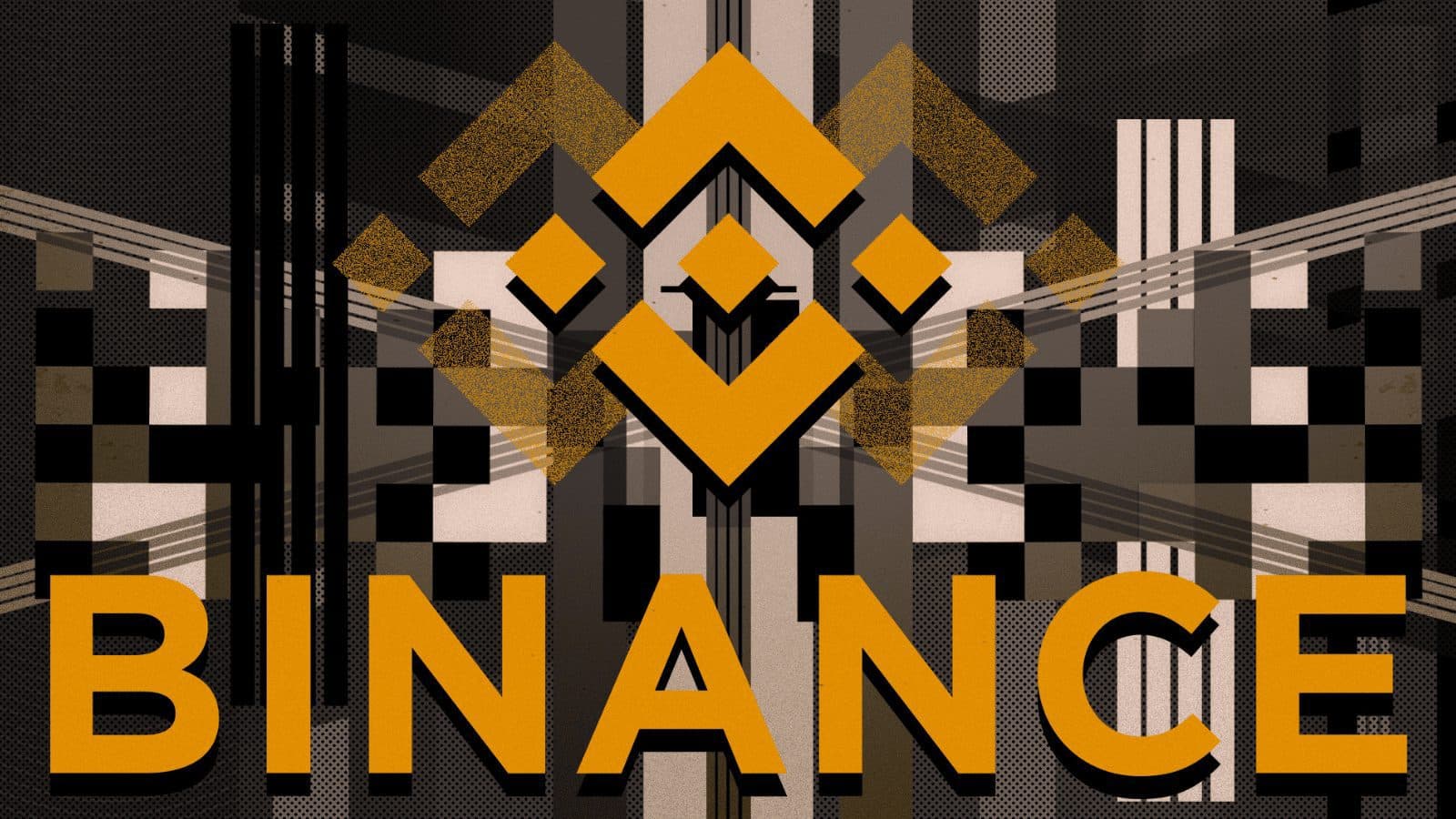Crypto Traders in Iran Skirted Binance Ban Following US Sanctions
Traders in sanctioned jurisdictions such as Iran can dodge Binance’s geoblocking with VPNs, noted the exchange’s global head of sanctions

Blockworks exclusive art by axel rangel
- Reuters found some crypto traders in Iran could still access Binance despite US sanctions and a company ban
- The exchange has said it has blocked access to anyone in Iran out of respect for the US
Binance, the world’s leading cryptocurrency exchange by trade volume, could have allowed customers in Iran to trade on its platform, skirting a 2018 ban imposed following a round of US sanctions against the country over its nuclear ambitions.
Reuters reported on Monday that the exchange served Iran-based customers until last September, raising regulatory concerns.
Binance acknowledged the situation in a Monday blog, penned by Chagri Poyraz, the company’s global head of sanctions, which said traders can bypass geographical restrictions by using VPNs (virtual private networks).
While Binance does not have an official base, CEO Changpeng Zhao told Fortune in March that the company would announce a proper headquarters “very soon.” Because of its international presence, Binance is expected to align with international sanction laws.
The US reimposed sanctions on Iran in 2018 after former President Donald Trump withdrew from the Iranian nuclear deal. In November that year, Binance reportedly warned traders in the country to withdraw their funds.
In his blog post, Poyraz noted Binance is not a US-based company nor does it have headquarters there, but it blocked access to traders in Iran out of respect for America’s role in the global economy.
“With that said, I cannot ignore the elephant in the room about traders in sanctioned jurisdictions using readily available tools like VPNs to access platforms,” he wrote, pointing to the Federal Trade Commission and Cybersecurity and Infrastructure Security Agency’s recommendation of free VPN use.
“While we are actively working on identifying users based on additional factors such as user behavior as opposed to only geolocation, some users do slip through the cracks for us, like they do for every other business out there,” Poyraz added.
Binance executives reportedly joked about popularity in Iran
Even so, seven traders told Reuters they dodged the ban and continued using their Binance accounts as recently as September 2021. They lost access after the company hardened its anti-money laundering rules a month prior.
Binance seemed to have weak checks until that point, requiring only a simple email registration to sign up. One Tehran-based trader told Reuters they preferred to use Binance because it didn’t require identity verification.
The exchange was apparently well aware of its popularity in Iran as senior executives jokingly exchanged text messages about it in 2019 and 2020, the report said, pointing to a message “IRAN BOYS” written in relation to data showing its popularity on Instagram among Iran-based users.
Binance is “fully compliant with all international financial sanctions, including blocking platform access to users in Iran, North Korea, among many others,” a spokesperson told Blockworks in an emailed response.
Reuters’ report comes around one month after its investigation into alleged money laundering on Binance’s platform. The outlet claimed Binance had processed illicit transactions totaling roughly $2.3 billion related to hacks, investment fraud and illicit drug deals.
The investigation found North Korean hackers created Binance accounts and eventually directed stolen crypto to Slovakian crypto exchange Eterbase. Eterbase’s CEO reportedly said Binance “had no idea who was moving money through their exchange.”
Get the news in your inbox. Explore Blockworks newsletters:
- The Breakdown: Decoding crypto and the markets. Daily.
- 0xResearch: Alpha in your inbox. Think like an analyst.






